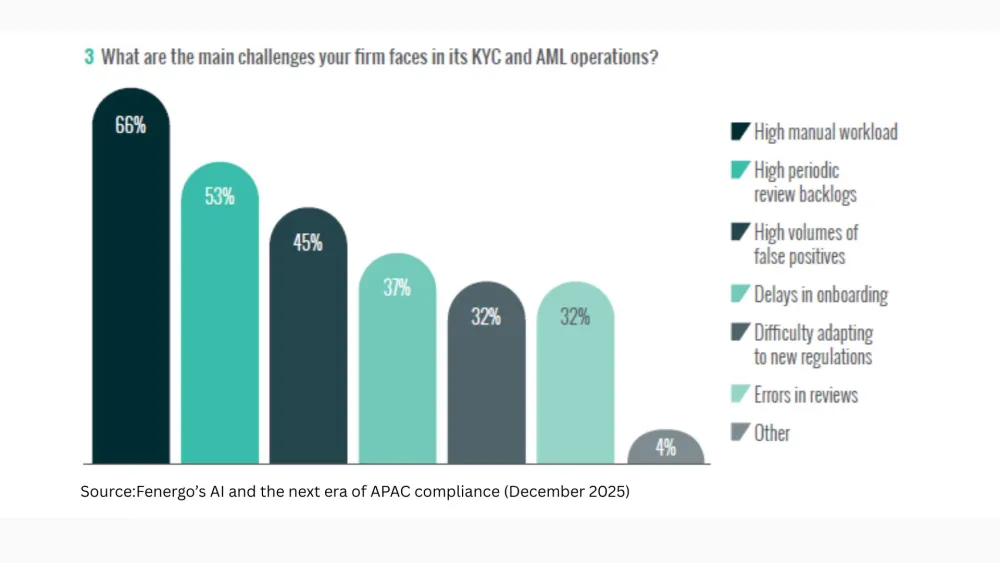How banks can make digital transformation work according to Maybank Securities CEO
Clear goals matter, but effective execution defines transformation outcomes.
As banks worldwide invest heavily in digital transformation, the debate continues over what determines the success of such initiatives. While a well-defined strategy is critical, Arapat Sangkharat, CEO of Maybank Securities Thailand, argues that execution is the decisive factor in achieving transformational goals.
“The strategy can be defined, but I think the execution is the really tough one,” said Sangkharat, “Successful transformation is also all about execution, not just perception management, but execution to make sure that the project or the transformation itself is successful,” he added.
Sangkharat highlighted the multidimensional nature of modern transformation efforts, encompassing strategy, process, technology, people, and culture. However, even the most comprehensive plans can fail without effective implementation.
He added that the increasing scope and sophistication of transformation require leaders who can adapt quickly and manage the operational challenges of implementation.
Timing also plays a role in ensuring successful execution. Sangkharat noted that organisations are more likely to embrace transformation during crises when resistance to change is lower such as during financial or leadership crises.
In addition, mergers and acquisitions (M&A) present opportunities for transformation, albeit with heightened stakes. “During M&A, the company is also in crisis mode,” Sangkharat observed. “You essentially have one seat available instead of two seats, so there’s competition for the best and brightest to remain in the company.”
Sangkharat underscored the importance of leadership in ensuring smooth execution. “Having more than one skill set is required,” he said, emphasising the need for leaders who can guide multifaceted transformation efforts.



















 Advertise
Advertise







Commentary
Asia’s banks hold the mandate to innovate. Now they must earn it.
Why Asia's banks are rebuilding their credit infrastructure in 2026
Banks retreat, private credit advances: Asia Pacific’s quiet lending revolution
Human Sparsity Blockchain: A citizen-validated ledger for digital finance supervision
Will stablecoins disrupt the banking business?
Digital transformation starts with leadership